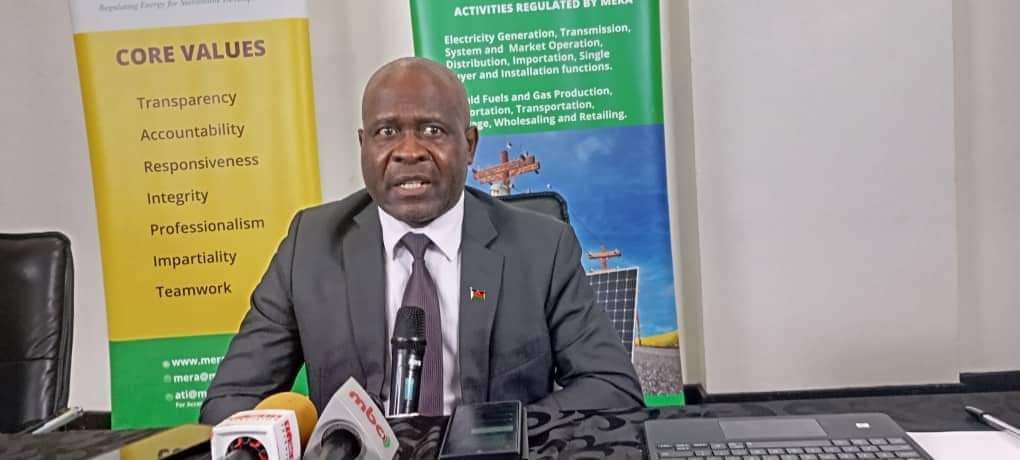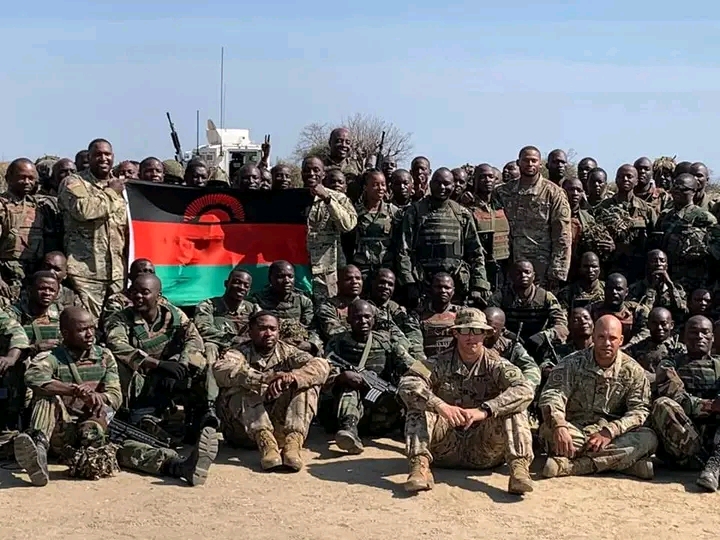By Rick Dzida
The main opposition parties, including Democratic Progressive Party (DPP), United Transformation Movement (UTM), United Democratic Front (UDF) and Alliance for Democracy (AFORD), are hesitant to take a subordinate role in a potential electoral alliance.
However, it is important to recognize that creating a powerful alliance among these opposition parties in Malawi will have significant consequences for the upcoming general elections.
In coming together, opposition parties will create a more formidable force against the ruling Malawi Congress Party (MCP), ultimately boosting their likelihood of securing seats and exerting influence on governance.
A well-coordinated electoral alliance will help to consolidate votes that might otherwise be split among multiple opposition candidates thereby maximizing the chances of winning against the dominant ruling MCP.
Alliances will assist to pool financial, human, and logistical resources, allowing for more effective campaigning and outreach efforts, which can be particularly beneficial in our resource-constrained political landscape.
An alliance will likely bring together diverse political ideologies and regional interests, ensuring that a wider range of voices and concerns are represented in the electoral process.
By collaborating, opposition parties may strategically select candidates for various constituencies, ensuring that the most viable candidates are put forward to challenge the incumbents.
A united opposition may most likely craft a coherent and compelling political message that resonates with voters making it easier to communicate their vision and policies.
A united opposition will highly likely motivate more voters to participate in the electoral process as they may feel that their votes will have a greater impact in a consolidated effort against the ruling MCP.
An alliance will foster dialogue among different parties, leading to the development of a shared policy platform that addresses key issues facing the country. This will potentially sway undecided voters.
In the event of a coalition government, an electoral alliance will enhance the negotiating power of opposition parties allowing them to secure better terms and influence policy decisions.
By promoting collaboration among opposition parties, electoral alliances will most likely contribute to a more vibrant democracy by encouraging political engagement and accountability in governance.
In conclusion , the aforementioned points highlight the potential benefits of opposition parties forming alliances in Malawi, particularly in the context of enhancing democratic processes and improving electoral outcomes.





